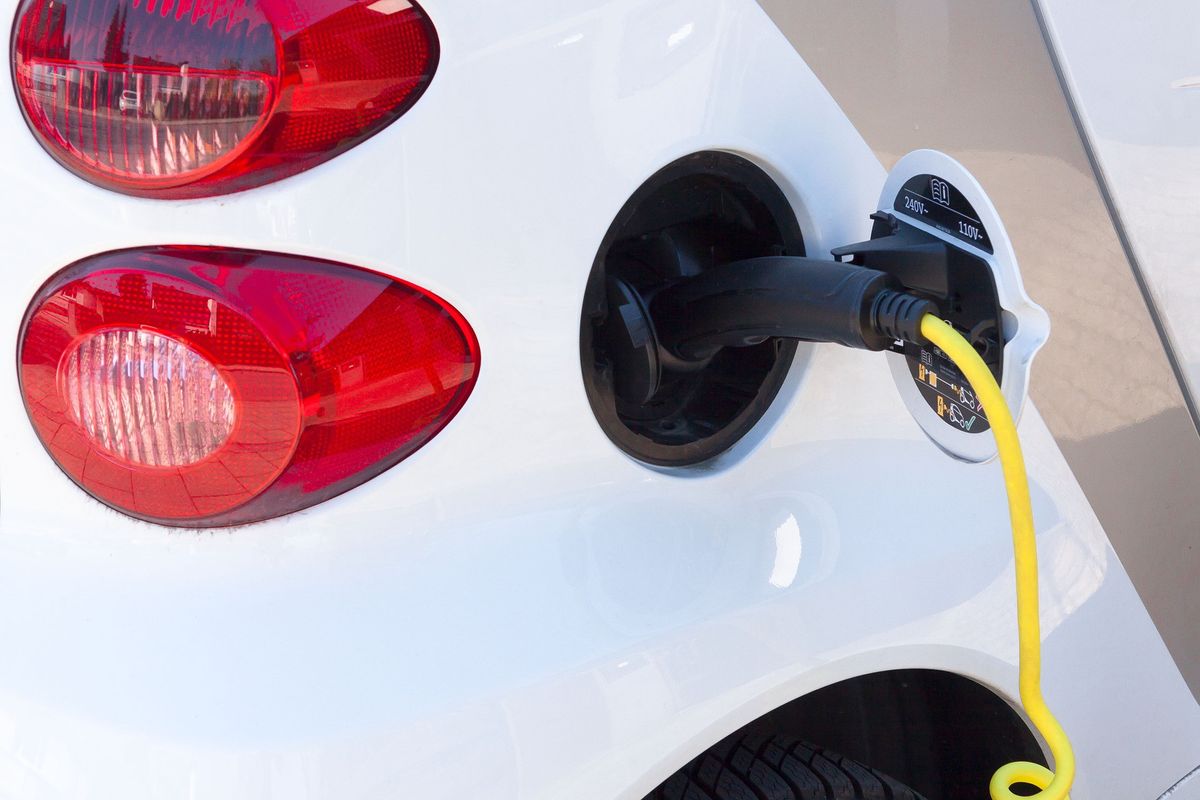Fuel-Efficient Purchase is Good but Doesn't Mean a Gas-Guzzler Should Share the Garage

Buying a Prius or a Tesla or some other fuel-efficient car is great. But it often means the consumer’s second car may be a gas guzzler, University of Maryland researchers say. Since most families have more than one car, the findings tend to confirm fears that one good deed isn’t always followed by another.
“What we really wanted to do is see how households are making decisions when they purchase and own more than one vehicle,” said James Archsmith, assistant professor at UMD and lead author on the study. “We have a lot of energy policy out there trying to get people to buy more fuel efficient cars, but we really think of every car as this separate purchase that doesn’t rely on any other things going on in the household, and that’s just not the case.”
This trend has been likened to the “diet soda effect,” where people buying diet soda tend to reward themselves by adding something like french fries to their meal. However, Archsmith says it is unlikely that consumers are thinking about their decisions that way.
“It’s not likely that people are actually thinking about fuel economy that way, that they can splurge on a less fuel efficient vehicle,” said Archsmith. “It is probably operating through other attributes of the car that are associated with fuel economy. So I have a car that is small and fuel efficient, but it isn’t as comfortable and can’t fit the kids. Then, I tend to buy a bigger second car. It is more likely utility based in some way, but it is correlated with fuel economy nonetheless.”
The study, published in The RAND Journal of Economics, also found that consumers who buy fuel efficient vehicles tend to drive them more and farther distances than they might otherwise, further chipping away at the emissions benefits. These decisions and consumer behaviors need to have a place in policy making that is designed to reduce carbon emissions and incentivize more fuel efficient cars, the researchers say.
About the study
The researchers studied California Department of Motor Vehicle trends in household behaviors for two-car households for a period of six years. The data revealed multiple trends that correlate with a decrease in overall fuel economy and efficiency.
Archsmith and the team hope to expand this research out beyond California and to other aspects of driver behavior research that plays an important role on fuel economy, and ultimately on environmental health and climate change.
“We want to focus more on driving behavior and how multi-car households drive their vehicles and respond to changes in gasoline prices in the future,” says Archsmith. “We want to refine them and then extend beyond the state of California, using California as a model in this paper and doing the same kind of analyses in other states as well. The pandemic has also changed the way people drive, and we expect to see more purchases of fuel inefficient cars coming off of lockdowns and lower gas prices.”
